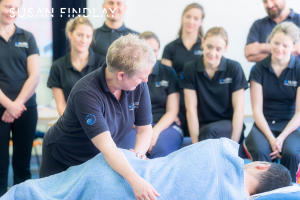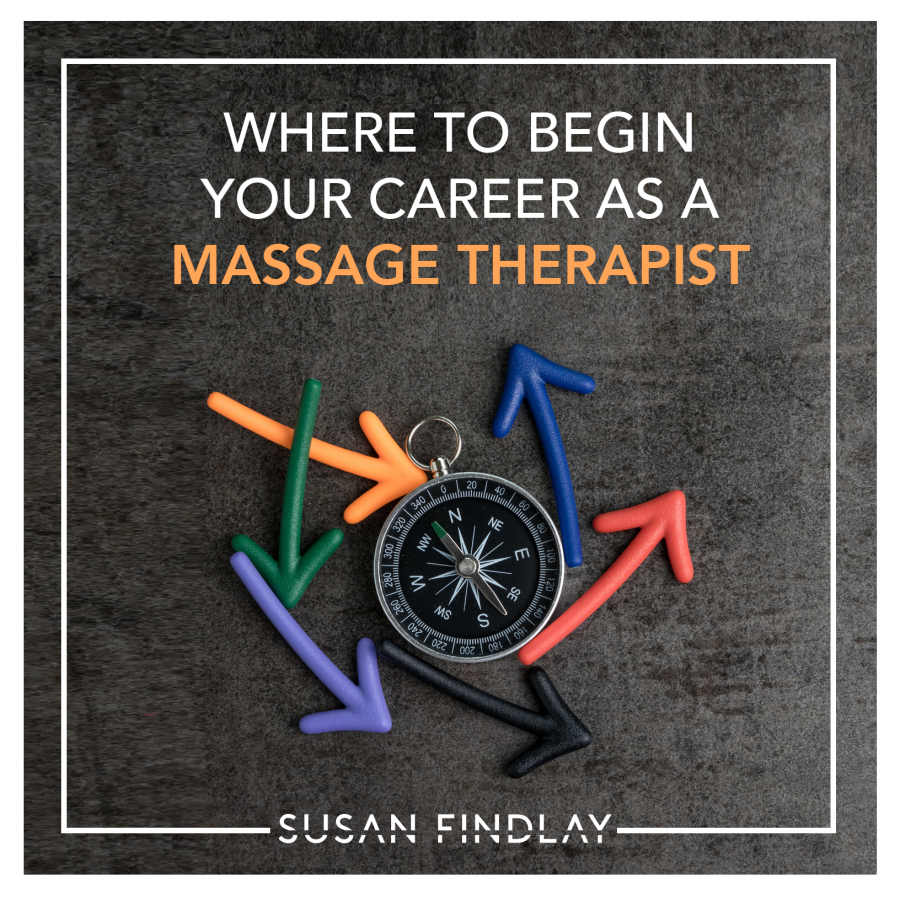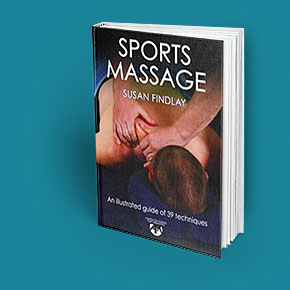Deciding on a career change to become a massage therapist can be daunting for many reasons. There are so many questions to which you want to get the answers right. An understandable primary concern when starting this journey, is where you should study. When considering a vocation capable of transforming the lives of others, and yourself as a therapist, it is vital that you receive the training that suits your needs.
To help you make your decision, I would recommend starting off with establishing why you want to become a massage therapist in the first place. Consider whether it’s going to be a hobby or a full time career? Maybe there is a specific type of massage that interests you, such as specializing in pregnancy massage, or oncology massage. Perhaps there is an industry where you would like to work as a therapist, such as the sports industry. Or maybe you have a dream of being a remedial therapist. Whatever the desire, keep in mind your end goal when considering your choices. If you are uncertain of the direction you want to take, why not start with a short course to help determine if this is a good fit for you, while also assessing if the course provider you have chosen is also a suitable match.
In the UK there are different levels of qualifications and a massive variety of specialisations. This makes it all a bit confusing because, depending on who you’re talking to, one organization will require you to pass multiple levels before being able to qualify as what is considered to be the highest level, i.e. Sports Massage; while others can provide all the massage training in one course within a reasonable period of time. In your initial search it might not be clear that actually, in order to qualify at the highest level, the massage profession does not require you to train or pass multiple different levels. Therefore if you think you need all of the levels to get where you want to go, you may end up spending both unnecessary time and money.
With so many organisations to choose from and how the information is presented on the numerous sites, it can seem overwhelming and unclear. As you navigate your way through the sites you start to realize the costs for the various levels of massage training can quickly mount up. When deciding which course to take first, it is quite natural that you would assume in order to qualify and become a top level massage therapist, you would have to prior learning in levels 3 & 4. This of course is dependent on what you want your outcome to be. For instance if you want to qualify as a Remedial Soft Tissue Therapist and/or Sports Massage you can do this with a private provider like NLSSM, it also gives you the title of Deep Tissue Therapist, so effectively you have qualified in 3 areas under one school and one course. There is no need to do any prior training other than their Introduction weekend course and a sincere desire to pursue a career within the massage field.
 Why the different requirements? Truthfully, there is no mandatory regulation in our industry so providers like NLSSM have developed a qualification that reflects the job and the required skills that the employers want. Rather than trying to divide the skills into modules, the material can be covered from the most simple basics, to the most advanced and technical aspects of massage within one course. Think of it this way, when an athlete trains they do so using the principles of FITT (Frequency, Intensity, Time and Type), this is a well rounded approach that has a proven track record of success by progressing their skills using a balanced training regime. If athletes trained only using bits and pieces they wouldn’t realize their full potential because of the missing gaps. The same goes for training as a massage therapist, the development of your abilities can be achieved by training your hands-on skills using all the tools to hand which includes a greater depth of knowledge to coincide with the practical skills without trying to split them up into levels.
Why the different requirements? Truthfully, there is no mandatory regulation in our industry so providers like NLSSM have developed a qualification that reflects the job and the required skills that the employers want. Rather than trying to divide the skills into modules, the material can be covered from the most simple basics, to the most advanced and technical aspects of massage within one course. Think of it this way, when an athlete trains they do so using the principles of FITT (Frequency, Intensity, Time and Type), this is a well rounded approach that has a proven track record of success by progressing their skills using a balanced training regime. If athletes trained only using bits and pieces they wouldn’t realize their full potential because of the missing gaps. The same goes for training as a massage therapist, the development of your abilities can be achieved by training your hands-on skills using all the tools to hand which includes a greater depth of knowledge to coincide with the practical skills without trying to split them up into levels.
Any massage training should be about developing your hands-on skills. Therapists need to be taught to question, to be curious and to notice both difference and similarity during massage practice. Information during this early stage is key to providing a clear understanding of what exactly is in the hands of the therapist.
Massage training centres often offer advanced courses to teach, at a further cost to the student, something that can be found in an all-inclusive course like the level 5 at NLSSM. I know I am referring to NLSSMs course, and yes I did write the course, but I also have done the job for over 20 years and understand what you need to be able to achieve if you want to do well in this profession. Teaching therapists to be inquisitive means that NLSSM graduates leave as fully informed practitioners, with the ability to feel, assess, react and respond to their clients accordingly. We have found that when therapists come to us, having trained elsewhere, there are holes in their skills. For instance they might be adept at massage techniques, but their limited knowledge makes them unsure of what they are doing and why.
It is this sense of feel, this ability to read the tissue and perceive what the client needs, that a qualification should aim to provide. A guided development in sensitivity and touch alongside the theory, using the hands to see what the eyes may not. Effleurage is considered a basic skill of massage and one of the greatest palpation tools, coupled with a sense of feel for the area, it enables the therapist to notice whether the area needs more or less attention. You should know through touch alone whether you should be slowing down, or using a different technique in order to encourage the muscles to relax and change their behaviour. Learning how to do this will result in better results for your clients and consequently more repeat custom. When people don’t receive the correct training it tends to result in a treatment being forced upon a person, regardless of what their bodies do or don’t need. Thoughtless use of effleurage can result in muscles being damaged through improper application. This attitude, of doing a practice to a person rather than working with them can be detrimental to careers in the field of massage and produce poorer outcomes.
It’s a fact that students who are well trained find employment easy to come by. Graduates can command some of the highest wages in the industry and with good reason, they are skilled, adept and well trained. I am trying not to toot my own horn, but NLSSM graduates are sought after as the reputation has earned good standing with employers. Ticking boxes in an exam does not give you the relevant understanding, or demonstrate nearly enough learning to feel, palpate, assess, plan, treat and react competently. All skills which are necessary if you are to make a success in remedial soft tissue therapy.
I encourage any future therapists to also explore all of the options available before deciding, in order to get a proper understanding of what’s out there. Remember, what may seem attractive due to ease of location, or time to qualify, comes at a price that isn’t financial; the depth of knowledge and style of learning required to prosper in this field is seemingly negated. Take the time to make the correct choice, this is your future and you are worth it.

